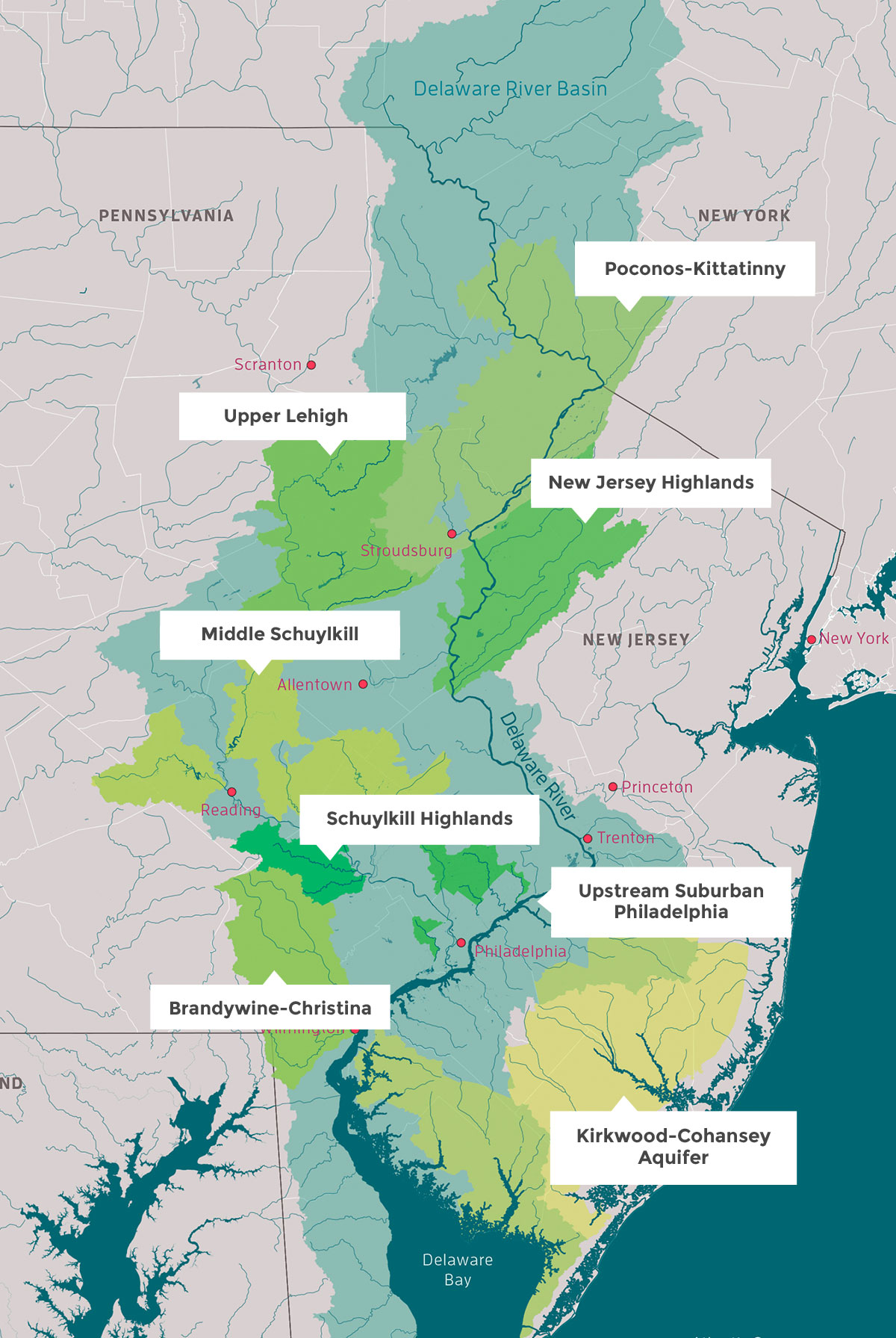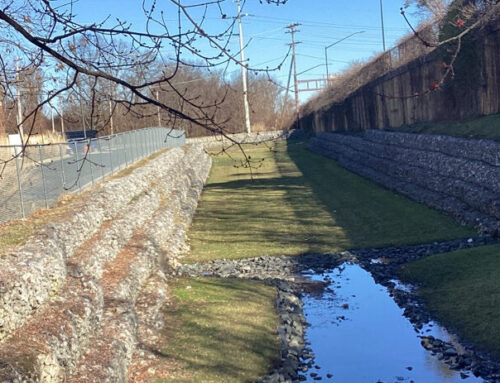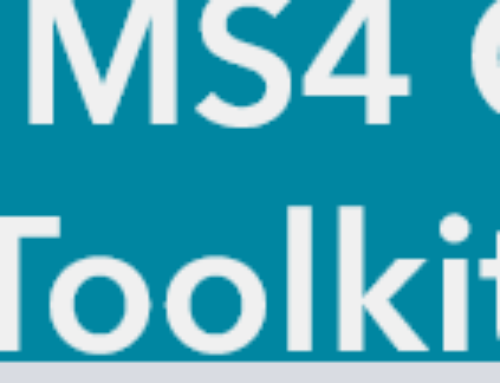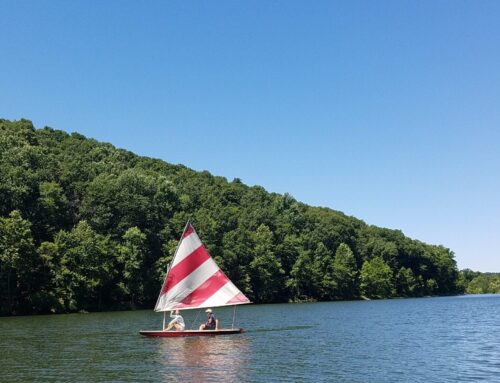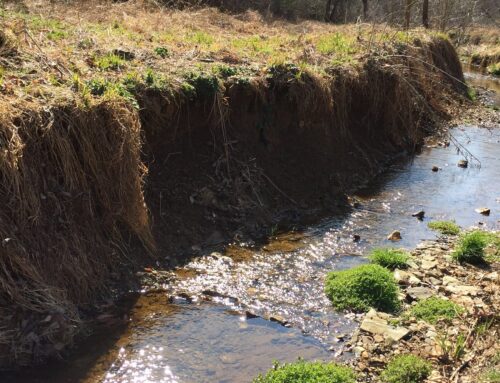Through a grant from the Delaware Watershed Research Fund, the Center is working in partnership with Rutgers University and the Pinchot Institute for Conservation on a research project which seeks to improve water quality in the Delaware River basin. The project includes a review of municipal codes and ordinances related to riparian (streamside) buffer and forest protection. This information, together with forest cover and development pressure data, will improve our collective understanding of how to provide effective protection for forests during development using municipal regulations.
This project began by establishing an advisory group to discuss and recommend where to focus the study within the basin. The advisory group is made up of partners working on forest and riparian buffer policies and projects in the basin. Included in this group are three of the Delaware River Watershed Initiative clusters whose boundaries overlap with the project focus area: 1) New Jersey Highlands, 2) Middle Schuylkill, and 3) Upper Lehigh. This process resulted in the random selection of 50 municipalities from the Highlands and Ridge and Valley physiographic regions that are representative of the different municipality types (e.g., cities, boroughs, townships) and level of development in these regions. The 50 selected municipalities are located in Pennsylvania and New Jersey.
Graphic source: Delaware River Watershed Initiative
The Center is currently working on a comprehensive review of stream buffer and forest protection codes and ordinances in the 50 municipalities. The codes and ordinance review is based on the Center’s recently updated Code and Ordinances Worksheet (COW). The COW is a nationally accepted tool that provides a consistent method to rank each municipality’s regulations so that they can be compared on a relative basis to one another. It was developed by the Center in 1998 as part of the Better Site Design Handbook (CWP 1998) which provides guidance to communities seeking to use local development rules to ensure better conservation of natural areas and prevention of stormwater pollution. The handbook outlines 22 principles for more water quality‐ friendly development and provides a detailed rationale for each principle. The COW provides a standardized scoring system for communities to evaluate their own local regulations against the 22 benchmark principles.
For this project, the Center used the sections of the COW that pertain to forest and tree protection. This includes a set of thirty-six questions related to zoning, buffers, clearing and grading, forest conservation, floodplain and wetland protection, open space design and management. The questions address regulations that directly protect forests (such as forest conservation or stream buffer requirements) as well as ones that indirectly protect forests (by limiting development on steep slopes or promoting open space design). The Center will answer these questions for each municipality and use the associated scoring system to assign a score to each community that represents the current level of protection for trees and forests during development.
The results will identify where improved development regulations are needed to protect forests and stream buffers. The results of the review will be shared with the advisory group and others who work directly with basin municipalities to help guide future assistance and recommendations related to improving stream buffer protection in the study area.
The next phase of the project includes conducting an analysis of the relationship between the level of forest protection provided in the regulations and the resulting forest cover after development, and ultimately water quality, using the results of the regulatory review, spatial data, and available water quality data. The anticipated project results will be used to guide where and how future ordinance work occurs in the basin, improve future land use forecasting models, and improve our understanding of what makes a forest protection ordinance effective.
For more information about this project, contact Julie Schneider at jas@cwp.org or 215-277-1655.


